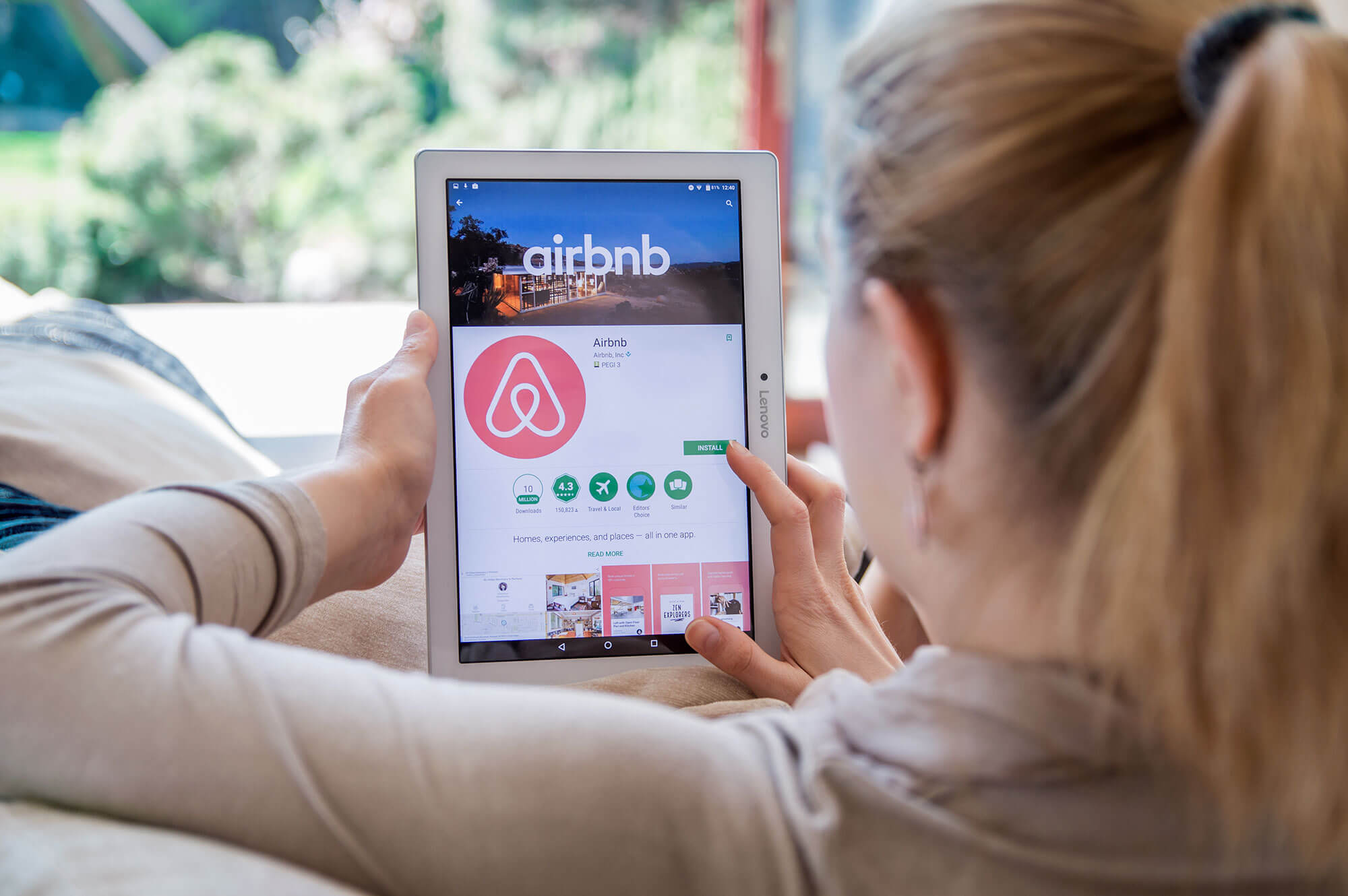Advertisement
In October 2018, I visited Sydney on a study trip, to meet Managing Agents and to view new and exciting developments, in this, my area of passion and expertise.
It was simply marvellous to be regaled with interesting information about how Bodies Corporate would have to cater for the electric car revolution by placing charger docks in garages and within a carport structure. Then there were all the titbits of research I was handed on the Green revolution, particularly in New South Wales, where buildings not complying with Environmental standards were penalised. But then, I asked a question about how Australian law deals with the onslaught facing Community Schemes across the globe, namely Airbnbs. There didn’t appear to be as much clarity as with the other topics. In fact, I was told that eight attorneys in the field all had differing opinions on the interpretation of the law. Indeed different areas in Australia distinguished the implementation to such an extent that there has been increased litigation on the ground.
For now, I shall seek to analyse the situation in South Africa. Make no mistake, the Airbnb tsunami has almost caught South Africa by surprise. Having its origin in San Francisco in 2007, this company has matured into the world’s fourth most valuable private tech company. A flurry of out-of-towners have left many owners in complexes feeling that Airbnb should be re-renamed Airanb, a for angst and b for bekomernis.
Think for just a second about how Paolantonio de Floriano must have felt in January of this year. For twenty years he has been harmoniously co-habiting with his partner, Luciano in an upmarket complex in Dwarskersbos on the West Coast. The complex is quiet, comfortable, and everyone knows everyone. There had been rumours that Jay Chetty, a newcomer had bought 5 units, but nobody thought anything of it until, quite abruptly, everything changed. Strangers were seen coming in and out of the entrance, luggage was carted along corridors, Ubers and taxis jockied for position at the entrance, and the entire cosy atmosphere in the scheme seemed set to disappear forever. When confronted about this, Jay advised that he was Airbnb’ing all 5 of his apartments, that he was contributing to the economy of South Africa ,and moreover was keeping South Africa globally competitive. He firmly told the open mouthed Paolantonio and Luciano that any attempt to stop him would result in them both “being capsized with a vicious blow.” Aghast, the couple and the other owners desperately attempted to find a solution. The solution, as it turns out required investigation into the scheme itself. Every scheme has rules in the form of Management and Conduct rules. It is in the Conduct Rules that you will be able to set out clearly if this type of Airbnb short term letting is allowed in your building. If 75 percent of the owners in number and value decide that the rules must be amended to exclude short term letting in their building for less than 3 or 6 months, then this rule will govern the scheme. I have been advised by the Ombud Service that this rule will pass the Compliance Certificate test. It can be argued that the rule is reasonable, particularly taking into account an increased security risk to the building posed by passing visitors. In other words the upshot is that as the position reflects now, the owners of a Sectional Title building can prohibit short term letting in their rules. I think that it would be safe to say that the same would apply for Home Owners’ Association Rules.
From Council’s perspective, there appears to be no real direction. In Cape Town, the City decided to launch a research survey platform that will allow representatives from all sectors in society to present their view on short term letting platforms in an attempt to balance interests. Inspectors, who were tasked with going out to inspect complaints about short term rentals have been placed on hold. The Cities are almost between a rock and a hard place. Despite Airbnb placing pressure on rental markets, they bring in international money, investment we desperately need on the back of a weak rand. South African Cities may do well to look at overseas trends. As a result of great pressure from home owners in New York and San Francisco, in November 2016 , Airbnb introduced a system known as “ One Home One Host” that prevented hosts there from listing more than one entire apartment. In London and Amsterdam it was agreed that hosts would be forced to meet local licensing requirements and to enforce caps on the number of days an entire apartment can be rented out in the year. Many owners will have to interrogate how they feel about the short term letting situation in their building. By ruling that no short term letting is allowed, could it be that one is cutting off one’s opportunity for extra income in tough times? Could there be a win/win situation for all? Would imposing strict conditions on hosts to ensure proper control of visitors be acceptable? For Paolantonio and Luciano, the position is very clear. They will under no circumstances tolerate that their sweet Victorian style building turns into a hotel. They were last seen feverishly assisting the Trustees drafting new rules to ensure that Jay Chetty’s dastardly plan would be thwarted in its tracks.



